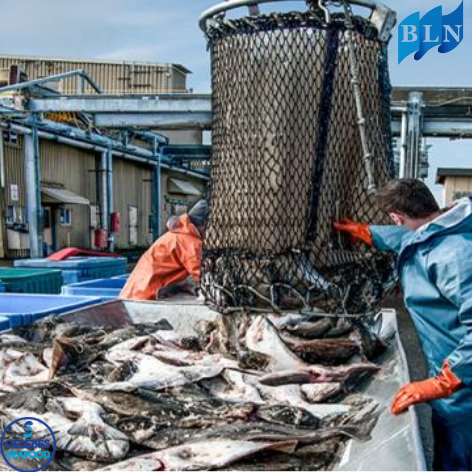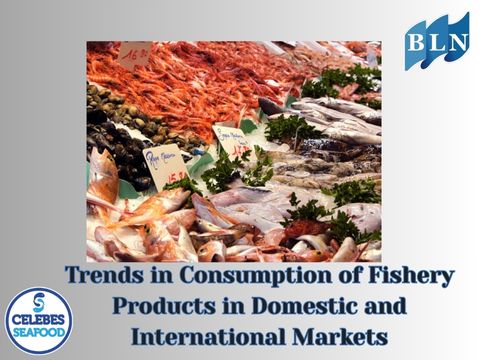Parasites as a Hidden Threat in Indonesian Fishery Exports
By. Nindi - 16 Apr 2025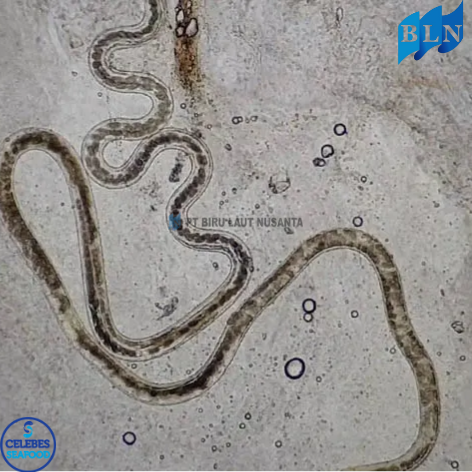
lautnusantara.com Indonesia, as one of the world’s largest archipelagic countries, is a key player in global fishery exports. The diversity of marine life, vast aquaculture systems, and high production capacity have made Indonesia a major seafood supplier. However, one hidden threat continues to lurk in the background — fish parasites. These microscopic organisms, often overlooked, can significantly impact the quality, safety, and marketability of Indonesian fishery products in international markets.
What Are Fish Parasites?
Fish parasites are organisms that live on or inside fish, deriving nutrients at the host’s expense. They range from external parasites like lice and leeches to internal ones like nematodes, trematodes, and cestodes. While some parasitic infections may not cause immediate harm to humans, they pose significant quality control, health, and trade challenges.
Impact on Fishery Exports
-
Product Rejection in Export Markets
Major importing countries like Japan, the United States, and the EU have strict sanitary and phytosanitary standards. Even the detection of non-pathogenic parasites can lead to shipment rejection. -
Reduced Product Value
Infested fish often suffer from tissue damage, discoloration, or deformities, reducing their market appeal and price. -
Negative Consumer Perception
Reports of parasites found in imported seafood can damage Indonesia’s image as a reliable exporter, leading to long-term trust issues.
Challenges in Detection and Control
-
Limited Infrastructure
Many small and medium-scale fisheries lack adequate facilities for parasite screening and disease prevention. -
Lack of Awareness
Fishermen and producers may not recognize the economic importance of managing parasitic infections. -
Inconsistent Regulations
Although Indonesia has regulations on fish health, their implementation and enforcement vary across regions.
Solutions and Recommendations
-
Stronger Biosecurity Measures
Enhancing farm hygiene, controlling feed quality, and isolating infected stock can reduce parasite outbreaks. -
Research and Innovation
Support for research into natural anti-parasitic treatments and rapid detection methods is essential. -
Capacity Building
Training programs for farmers, technicians, and exporters can increase awareness and capability. -
Stricter Quality Control in Export Chain
Regular parasite checks at each stage of the supply chain will ensure compliance with international standards.
Parasites may be invisible to the naked eye, but their impact on Indonesia’s fishery export industry is real and significant. Addressing this issue proactively — through better surveillance, education, and policy enforcement — is key to safeguarding the reputation and sustainability of Indonesian seafood exports.
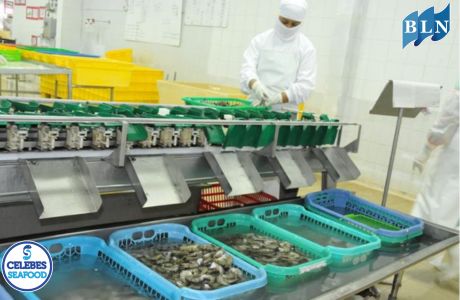

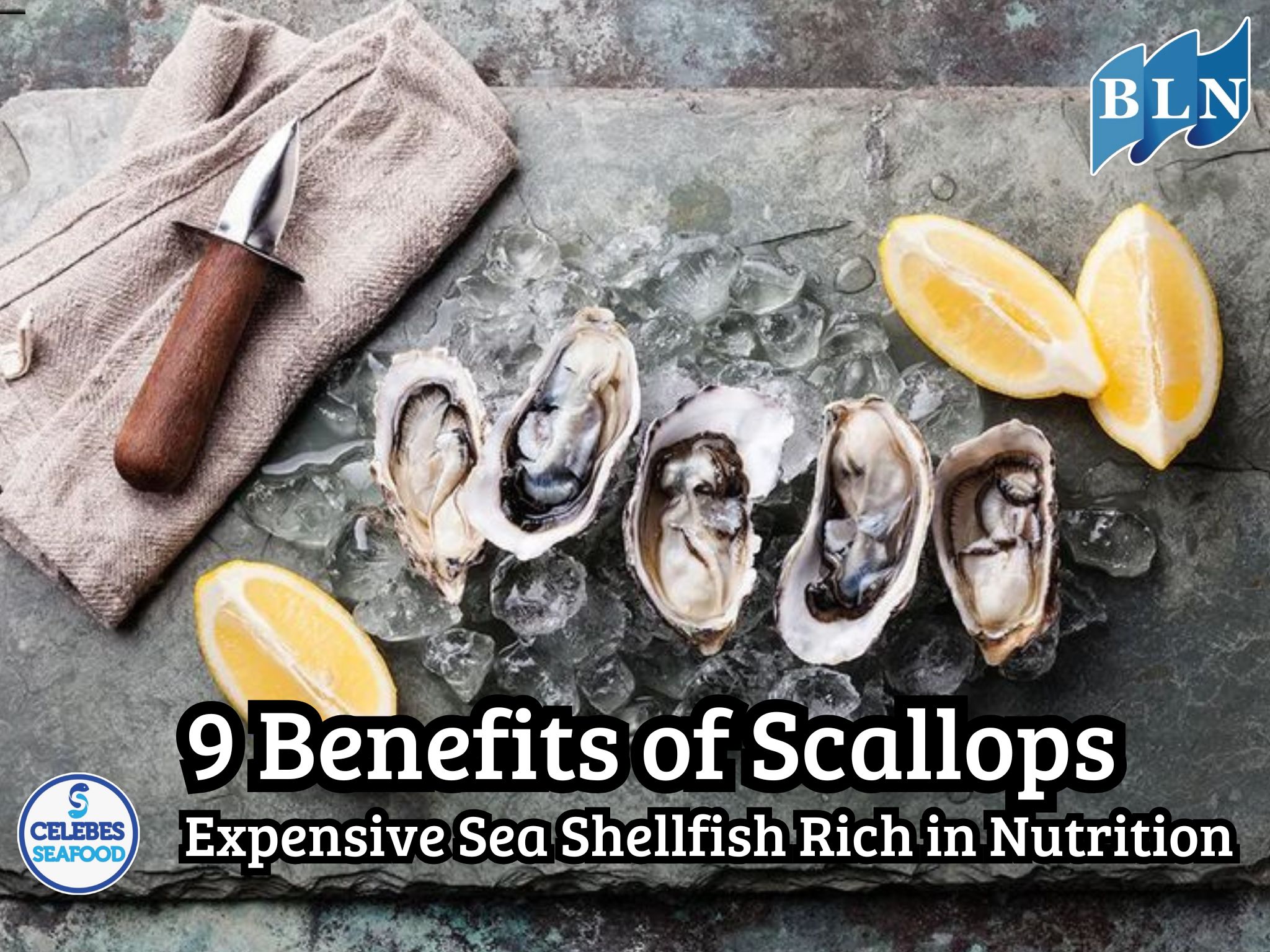
.jpg)

